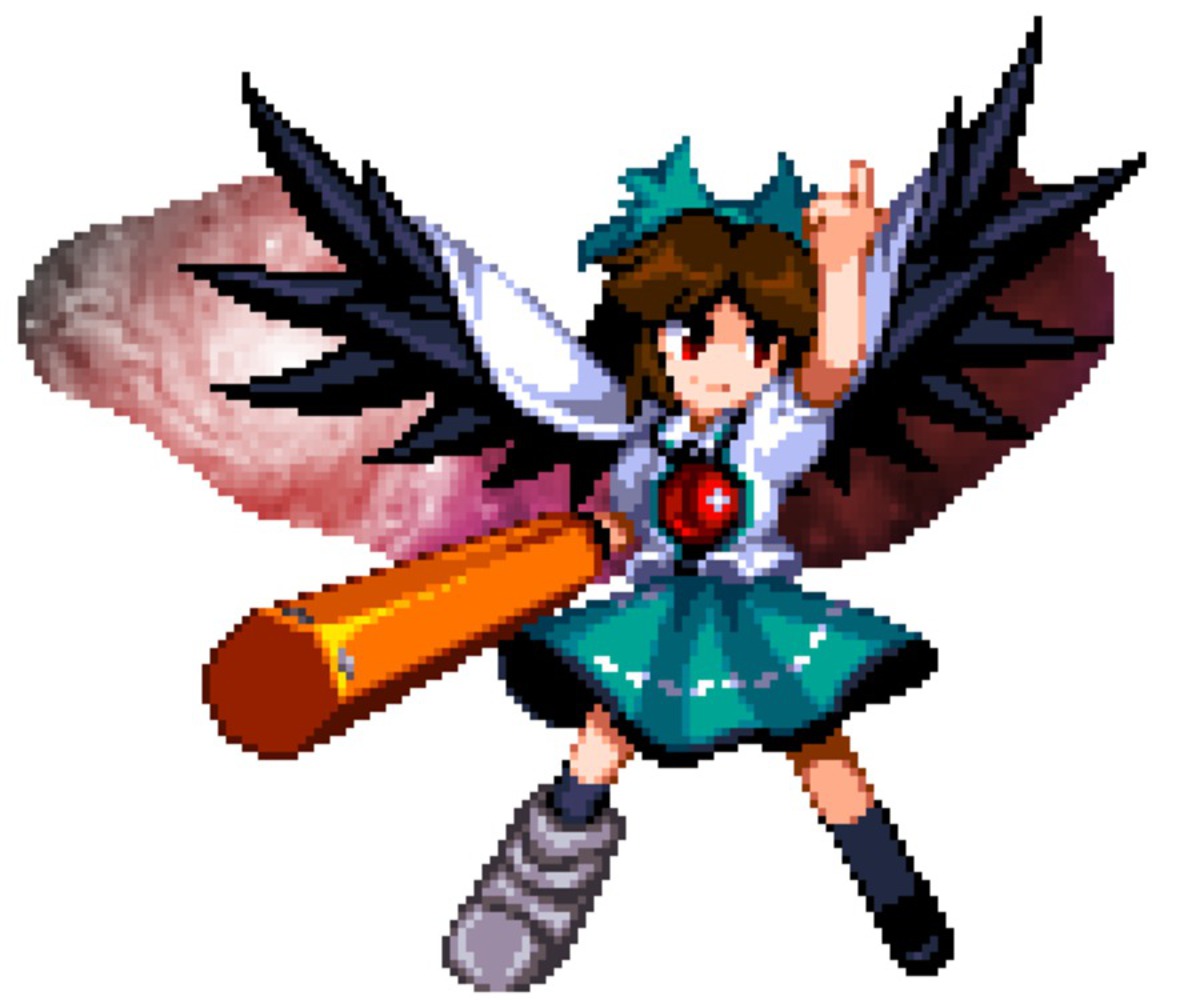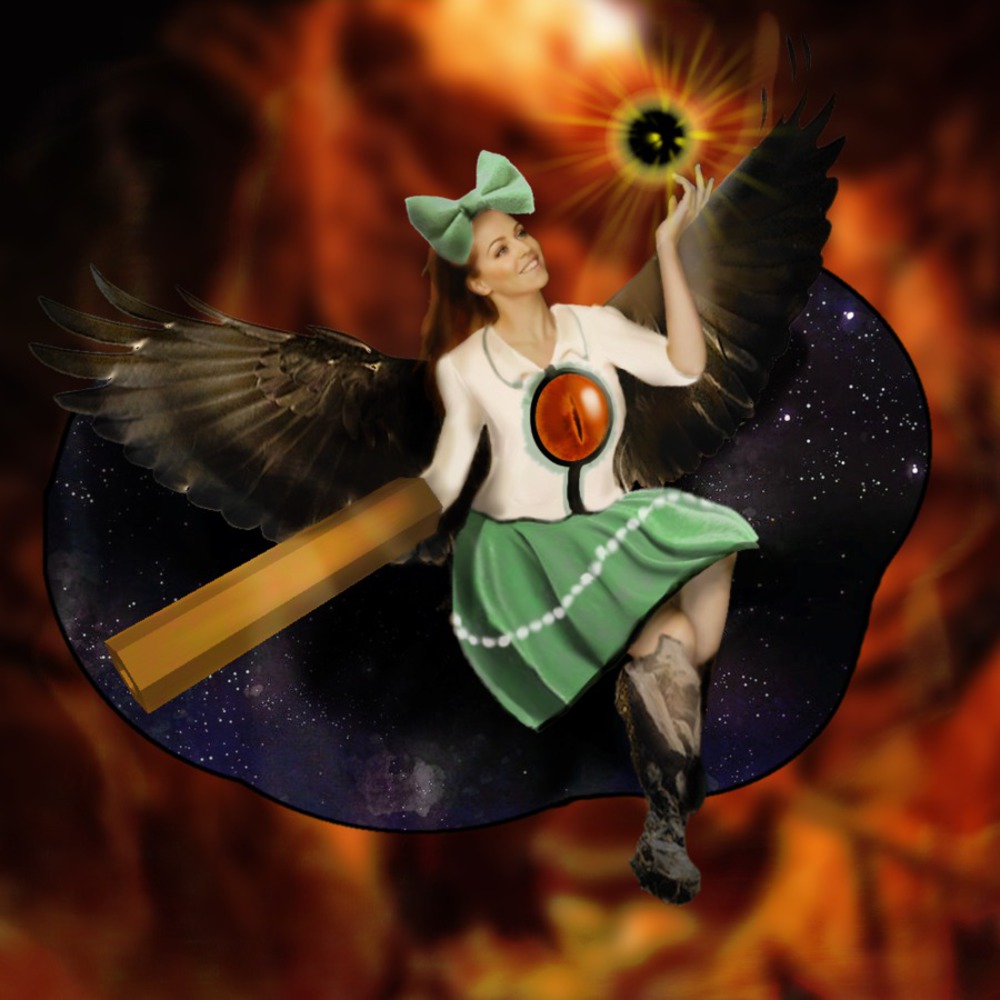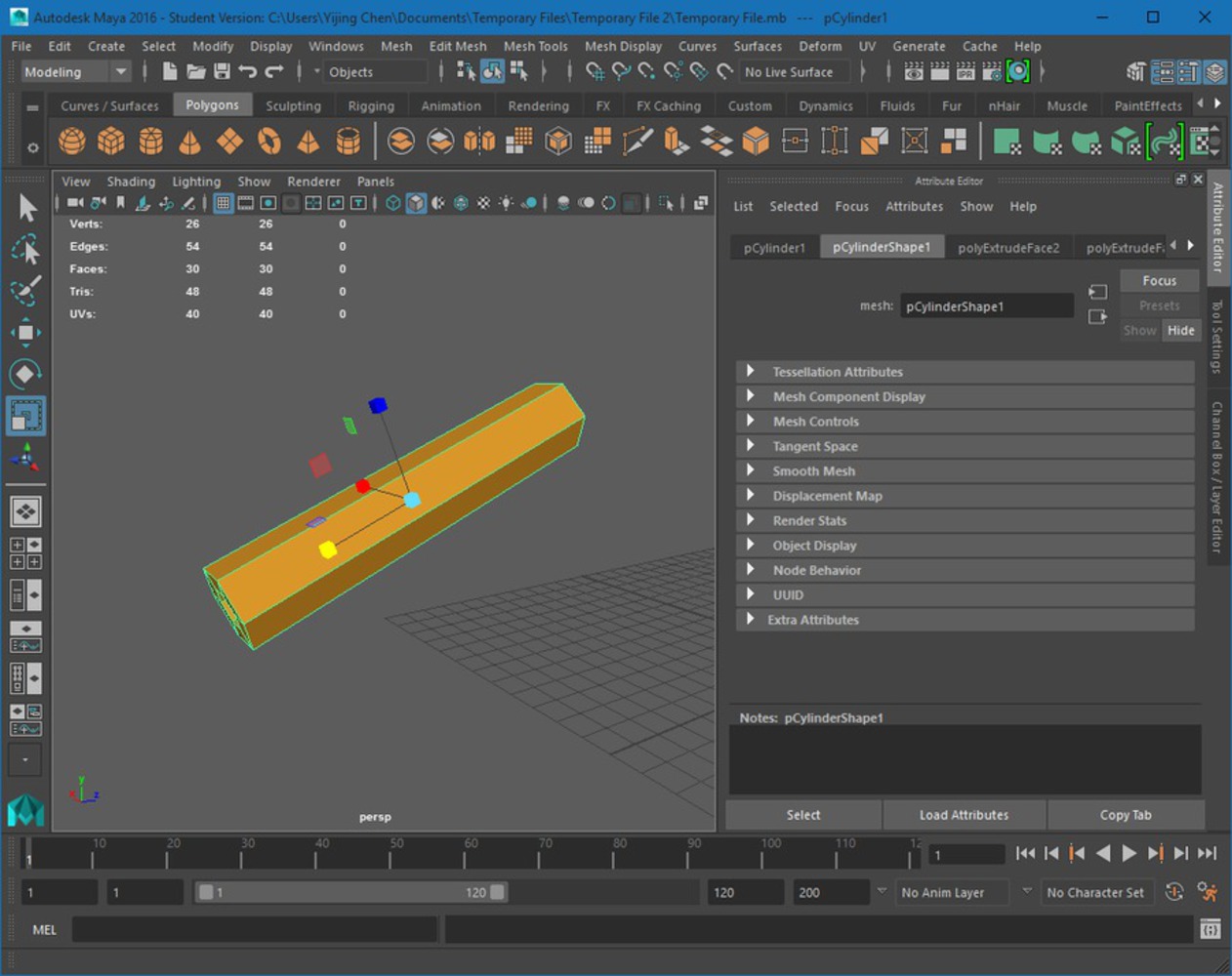Foreword
This week’s assignment is provocative for a person who considers herself as distant from this subject as possible.
The progress of this project seems to have gone in a direction as distant from expectations as possible.
It is likely that the reactions toward this assignment are as distant from expectations as possible.
Intention
The goal is, foremost, to make money through art. We see that there are multiple ways of achieving this goal; Exit Through the Gift Shop focuses on the affluent people who treat art as Veblen goods, and elsewhere, destitute people are willing to pay for art to satisfy certain cravings or fantasies. Therefore, being willing to design anything on commission is remarkably lucrative. The latter method of art has several advantages that make it commercially appealing:
• Given that most people have primal impulses, compared to the small amount of people who find art tasteful enough as a commodity, there is a much large pool of potential customers.
• Given the huge demand, designing art of this form requires a much lower entry barrier. People will come to the artist, rather than the artist needing to come to collectors. In addition, these commissioners are more accepting of unoriginal art, and, given how under-wraps commissions can be, it is less likely that the transaction falls into legal issues.
Context
As these assignments must not be offensive or explicit, I will focus on the same. There is a market for art of other franchises’ copyrighted material, and that would suffice as a subject for this project. I would be ripping off the designs that other people would have carefully crafted, and I would be stealing other people’s talent for composition and using it for a profit. This sort of work requires little originality—as long as the artist can replicate and synthesize other people’s works, he or she will find consumers.
Video games tend to have a pervasive fandom. The Touhou fandom, in particular, is nearly completely built upon derivative works. There are entire conventions dedicated to Touhou, and no one really minds any sort of monetary transaction that occurs from playing for Touhou merchandise. The creator of the Touhou series didn’t even mind when someone else tried to trademark the name of the franchise. Therefore, the franchise seems like a tame choice of franchise to produce artwork from.
(I had previously considered League of Legends as the game of choice, but the more I thought about it, the more I thought it was provocative in the wrong direction.)
Process
The internet is a bastion of stock images with fair use policies, so I shouldn’t have trouble finding another person’s art and taking it for my own work. I decided on photomanipulation as a choice of media, and I chose Utsuho Reiuji as a choice of subject. The character looks like this:


